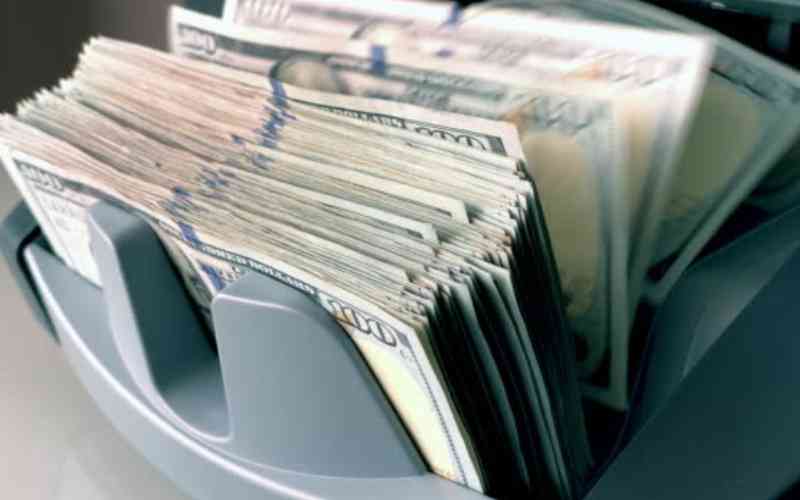
In 2015, a little-known Migori-based singer, Triple S, made headlines when he was arrested for having photocopied wads of cash. He says his video script needed him to 'make it rain,' but since he didn't have that much cash on him, he thought of a brilliant idea which was of less hassle and easier to execute: photocopy money.
'I was neither aware of the consequences nor the government protocols to follow for that matter. The script needed at least Ksh200,000, so I went ahead and photocopied a huge sum of money. As a young upcoming artist, I could not get that much money. So I opted for the easier way out,' he explains, adding that all the monies were to be destroyed after the shoot.